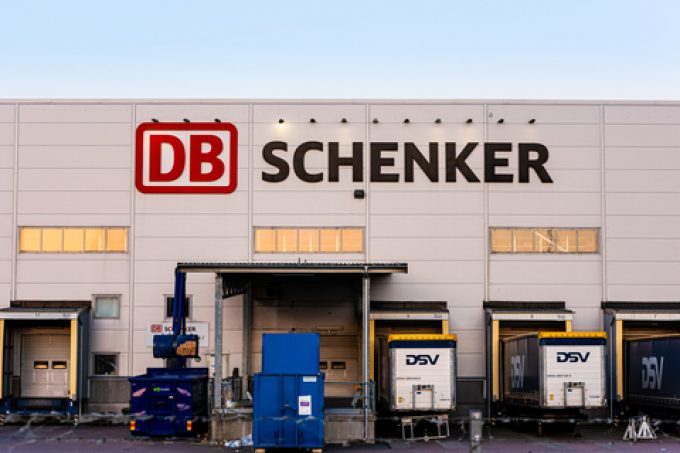EXCLUSIVE: The good old DSV, 'Winning as One' – all Schenker top dogs out (Part 2)
It’s a takeover, stupid

Even a cursory glance at Deutsche Bahn’s 2023 results this morning suggests DB Schenker is an odd fit in a loss-making company highlighting German passenger rail fares.
Nevertheless, without Schenker, DB’s results are going to suffer.
It acknowledged the “ongoing significant positive contribution by DB Schenker, ...
CMA CGM South Korean staff strike over bonuses after bumper 2024 profit
'Another painful headache for shippers' as Asia-N Europe rate rally ends
Amazon Air Cargo partners-up for new transpacific route into the US
MSC switches two more Asia-Europe port calls from congested Antwerp
Ports and supply chain operators weigh in on funding for CPB
Nightmare for Bangladeshi exporters as congestion and tariffs bite
CMA airline returns two freighters, while ANA takeover of NCA looms
Carriers introduce surcharges as congestion builds at African ports

Comment on this article